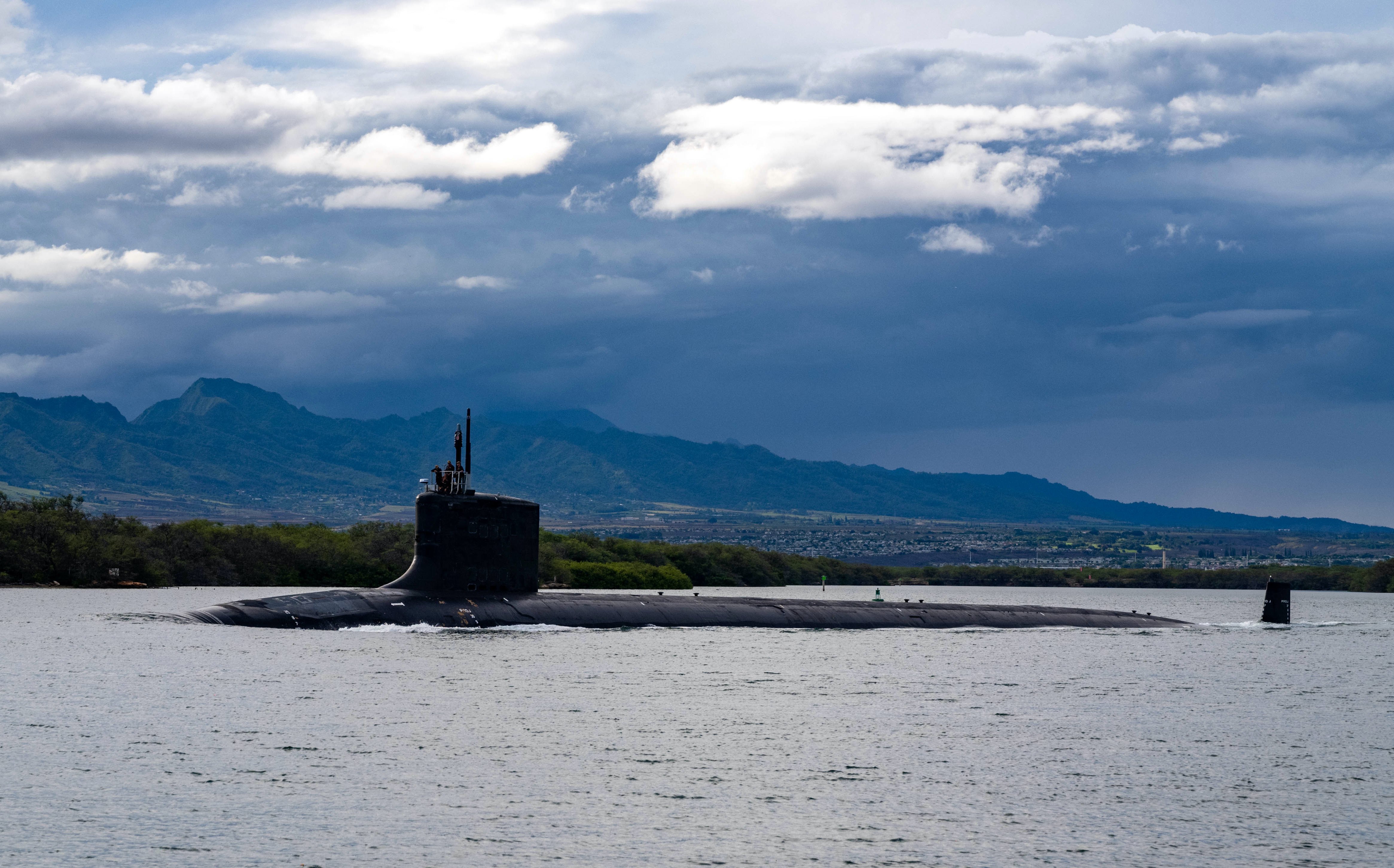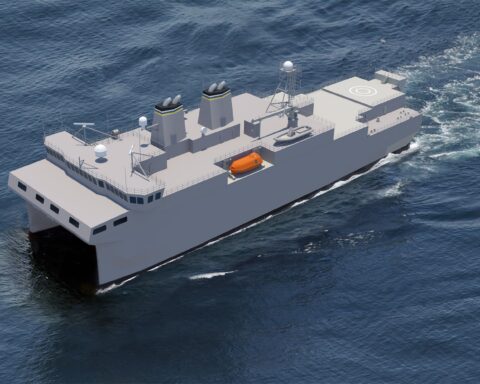The following is the July 31, 2023, Congressional Research Service In Focus Report, Niger: In Focus.
From the report
On July 26, 2023, military officers detained elected President Mohamed Bazoum and asserted that they had seized power. On July 30, West African leaders announced sanctions and threatened military action if Bazoum is not reinstated, while pro-junta protesters attacked the French embassy in Niamey. U.S. officials had previously characterized Niger as an emerging democracy and important U.S. partner amid growing insurgencies, political instability, and Russian engagement in the Sahel region. Over 1,000 U.S. soldiers were stationed in Niger as of mid-2023, the second-largest U.S. military presence in Africa. Niger has been a top recipient of U.S. security assistance in Africa and a growing U.S. development aid recipient.
Context. President Bazoum’s inauguration in 2021 represented Niger’s first ever transition between two elected presidents. Niger last experienced a coup in 2010, and claimed to foil coup attempts in 2021 and 2022. If the current attempt stands, Niger will be the sixth country in Africa where the military has seized power since 2020.
Landlocked and arid, Niger is among the world’s poorest countries. Despite relative stability over the past decade, its history has been marked by coups and ethnic rebellions. Security threats, the COVID-19 pandemic, and the Russia-Ukraine war worsened socioeconomic hardships, historically a trigger for unrest. Insurgents affiliated with Al Qaeda and the Islamic State (IS) are active in border regions. Conflicts involving these groups have killed hundreds of Nigerien soldiers and civilians and displaced hundreds of thousands of Nigeriens. The Sahel-based IS affiliate killed four U.S. soldiers in western Niger in 2017, and terrorist groups have kidnapped U.S. citizens in Niger.
Regional Security Partner. The Western troop presence in Niger ballooned over the past decade as the country became a key regional security partner for the United States, France, and the European Union. France’s withdrawal of over 2,000 troops from Mali and Burkina Faso in 2022-2023, about half of whom were sent to Niger, magnified the country’s importance for Western-backed security efforts. Niger has also been a focus of European counter-migration initiatives. The growing foreign troop presence and the government’s close ties to former colonial power France have prompted some local backlash, including protests and rioting (e.g., in 2022, 2021, and 2015). Juntas in Mali and Burkina Faso have leveraged similar discontent.
Legal and policy concerns have complicated U.S. relations with other Sahel countries, further elevating Niger: The country’s elected leadership and relatively disciplined military have stood in contrast to neighboring Mali, Burkina Faso, and Chad, where soldiers have seized power, repressed the opposition, and abused civilians during counterterrorism operations. President Bazoum was also one of the few regional leaders to openly criticize Russia’s Wagner Group, which has been active in Mali.
Embattled Democracy
President Bazoum, a career politician and former cabinet minister, won election in 2021, succeeding longtime ally Mahamadou Issoufou, who had served two terms. Although observers generally deemed the 2020-2021 general elections credible, opposition groups criticized the decision to bar a prominent opposition politician from running (due to criminal charges that supporters viewed as politically motivated), and leading opposition candidate Mahamane Ousmane, a former president, rejected the results as fraudulent. Large protests and rioting erupted in Niamey in February 2021 following Bazoum’s victory in a run-off against Ousmane. Authorities arrested hundreds of protesters and reportedly disrupted internet service. Just before Bazoum’s inauguration, the government announced that it had put down a coup attempt. In 2022, Nigerien officials reported that they had foiled another plot.
Download the document here.





